Things to Consider Before Installing a New AC System
Installing a new air conditioning (AC) system is a significant investment for any homeowner. It’s essential to consider various factors to ensure you make the best decision for your home and budget. This article will explore six critical aspects you need to evaluate before proceeding with your new AC purchase and installation. By considering your specific needs, environment, and budget, you can optimize comfort and efficiency in your home environment. This comprehensive guide provides all the necessary insights to help you make an informed decision when selecting and installing a new AC system.
Evaluating Home Size and Layout
The size and layout of your home play a crucial role in determining the appropriate AC system. A larger home typically requires a more powerful unit, while an improperly sized system can lead to inefficient cooling and increased energy consumption. It is essential to conduct a detailed assessment of your home’s square footage and room configuration. This involves calculating the total area and considering factors such as ceiling height and insulation quality. A professional HVAC technician can provide an accurate assessment and recommend a system that matches your home’s cooling requirements.
Home layout also impacts the distribution of cooled air through AC installation. Homes with open floor plans may achieve more efficient air circulation than those with numerous closed-off spaces. Consider whether your home has features like high ceilings or a split-level design, as these can influence air movement and affect temperature uniformity. Ensuring the correct balance between your home’s layout and the AC system's design will optimize overall performance and comfort. It's crucial to factor in these elements to avoid hotspots and uneven cooling, leading to a more comfortable living environment.
Choosing the right size AC system reduces wear and tear, extending its lifespan. According to HomeGuide, an air conditioning unit that is properly maintained typically lasts 12 to 15 years. Properly sizing your AC system can lead to significant cost savings on both energy bills and premature replacements. A well-matched system provides consistent indoor temperatures, enhancing comfort during warm months. Consulting with HVAC professionals can ensure you make a knowledgeable choice tailored to your specific home needs.
Climate Considerations
Local climate significantly influences the type of AC system most suitable for your AC installation. In regions with high temperatures and humidity, a robust cooling system with dehumidification capabilities is vital. Conversely, in milder climates, a less powerful unit might suffice, reducing energy consumption and costs. Understanding your area's specific weather patterns can guide your selection process, ensuring the system can handle peak demand periods. It's also important to consider how seasonal variations can impact your comfort needs and the efficiency of different AC options.
Various AC systems offer differing levels of efficiency based on climate. Systems equipped with variable-speed compressors perform well in fluctuating temperature conditions, adjusting their operation to maintain consistent comfort. Energy efficiency matters considerably in hotter regions, where AC systems run more frequently and consume more power. Evaluating Seasonal Energy Efficiency Ratio (SEER) ratings is crucial, as higher ratings correlate with greater efficiency in extreme climates. Selecting a system that aligns with your local climate ensures optimal performance and longevity.
Considering future climate trends is also beneficial. Some areas face increasingly hotter summers due to climate change, which can strain underpowered systems and lead to increased energy expenditures. Factoring in potential climatic shifts can ensure your AC system remains effective and cost-efficient over its lifetime. Additionally, energy-efficient systems reduce environmental impact, supporting sustainable home practices. By evaluating climate trends, you invest in a system that meets both current and future cooling needs, optimizing efficiency and comfort.
Occupancy and Lifestyle
The number of occupants in a home and their daily routines influence AC system requirements. A household with multiple members may require more cooling due to increased body heat and activity levels. Conversely, a single occupant setting the thermostat higher might prefer reduced cooling outputs. Lifestyle elements such as working from home or having frequent visitors add complexity to temperature control demands. Assessing how your family uses different spaces can guide the selection of a system that aligns with your needs.
Occupancy patterns dictate the hours when AC installation is most necessary. Households with varying schedules might benefit from programmable thermostats, offering precise temperature control tailored to specific times of the day. Recognizing these patterns aids in designing zoned systems, where different areas receive varied levels of cooling based on usage. This approach minimizes energy waste, achieving significant savings on electricity bills. Personalized cooling ensures comfort while maintaining efficiency.
Lifestyle considerations span beyond mere occupancy levels to include preferences for indoor temperatures. Some individuals favor more relaxed environments, affecting how frequently and intensely cooling systems operate. Selecting a system that accommodates diverse comfort levels leads to greater satisfaction and utility. It's crucial to tailor the AC system to your lifestyle, encompassing factors like regular activities and personal preferences. Implementing smart systems with customizable settings can enhance lifestyle adaptability, supporting convenience and efficiency.
Desired Comfort Levels
Personal comfort preferences significantly influence the choice of an AC system. Different individuals have unique temperature thresholds for comfort, requiring systems that can adapt accordingly. High-efficiency units with features like variable-speed compressors offer more nuanced control over indoor climates. These systems can adjust output based on current environmental conditions, ensuring consistent comfort levels. Understanding your comfort preferences assists in selecting a unit capable of delivering the desired indoor environment efficiently.
Desired comfort levels extend to considerations like humidity control and air quality. Systems equipped with dehumidifiers or advanced air filtering capabilities can enhance overall comfort by addressing specific indoor air quality concerns. Homes in regions with significant pollen or allergens in the air may require systems with high-quality filters. Considering these factors ensures an AC system that goes beyond basic cooling to provide a healthier living environment. Emphasizing air quality alongside temperature offers a comprehensive comfort approach suited to individual preferences.
Achieving optimal comfort involves balancing personal needs with system capabilities. Investing in a more advanced system can provide enhanced features that improve everyday comfort. While upfront costs may be higher, the long-term benefits often include improved satisfaction and reduced operational costs. Analyzing your specific comfort requirements ensures you select a system that aligns with your expectations. Customizing the AC system to meet individual comfort needs results in an investment well suited to enhancing overall living conditions.
Future Needs and Expansion
When purchasing a new AC system, considering future home alterations is crucial. Aspects like potential home expansions or remodeling projects could increase cooling demands. Planning for these changes can prevent the added expense of upgrading or replacing systems prematurely. Investing in a more powerful or adaptable system initially might offer greater flexibility and long-term savings. Proper foresight into the evolution of your home environment and needs aligns system capabilities with future conditions.
Compatibility with smart home technologies and future advances in HVAC systems is also valuable. Systems that integrate easily with emerging technologies can provide enhanced features and improved efficiency. As innovations in cooling technology continue, designing systems that can accommodate these advancements maximizes both utility and durability. Considering technological adaptability ensures your new AC system remains relevant and efficient for years to come. It's an investment strategy that anticipates evolving technologies and enhances long-term system value.
Installing a new AC system is a complex process that requires careful consideration of numerous factors. By thoroughly researching and understanding your cooling needs, energy efficiency options, system types, and financial implications, you can make an informed decision that will ensure comfort, efficiency, and long-term satisfaction with your new AC system. The comprehensive overview provided in this article serves as a guiding framework for navigating the intricate decision-making involved in selecting an optimal cooling solution. Equipped with this knowledge, you are poised to invest in a system that sustainably meets your climatic comfort aspirations. Be sure to reach out to Titan Air Conditioning & Heating today for more information on our professional AC installation!
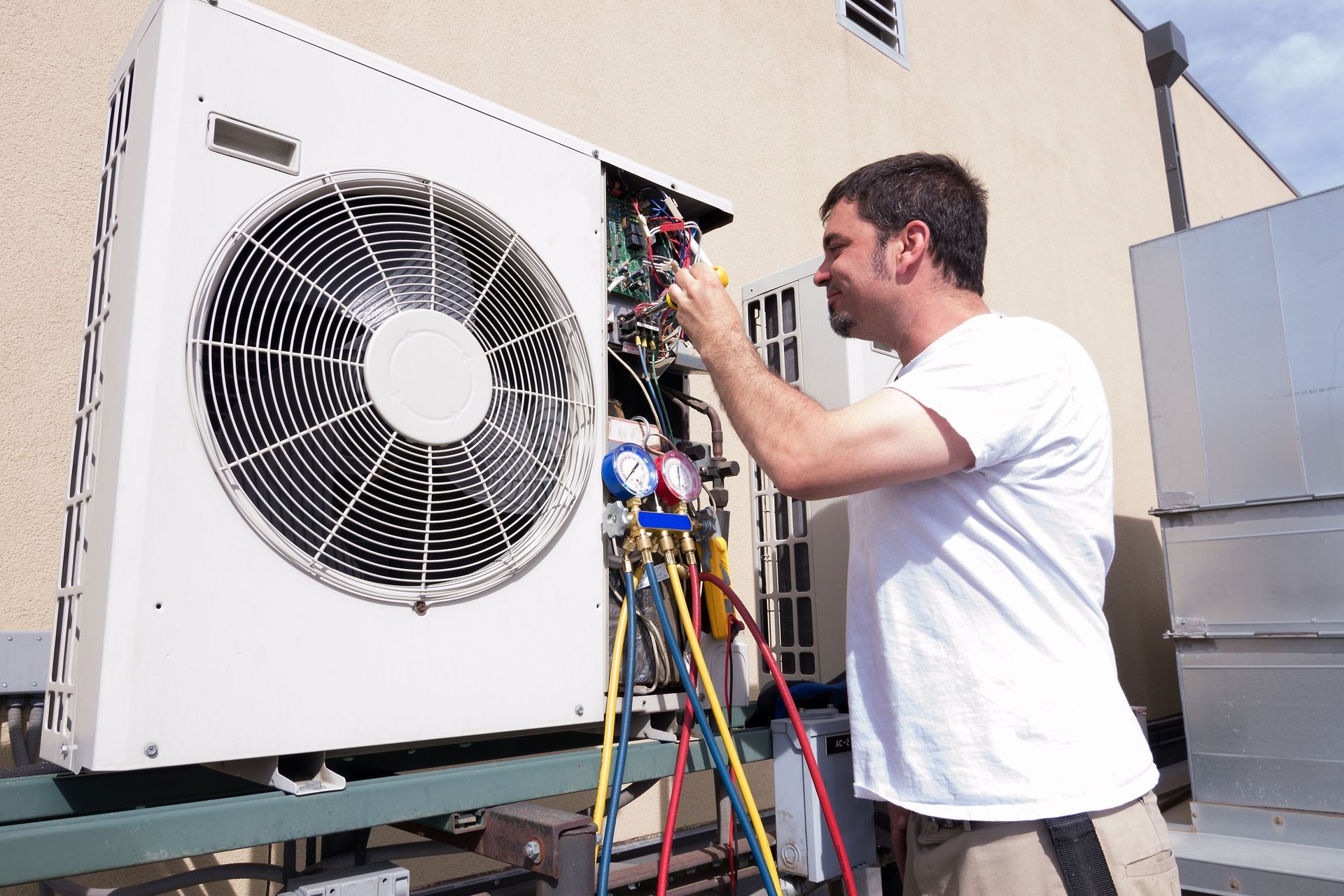
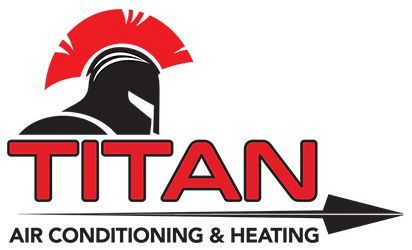
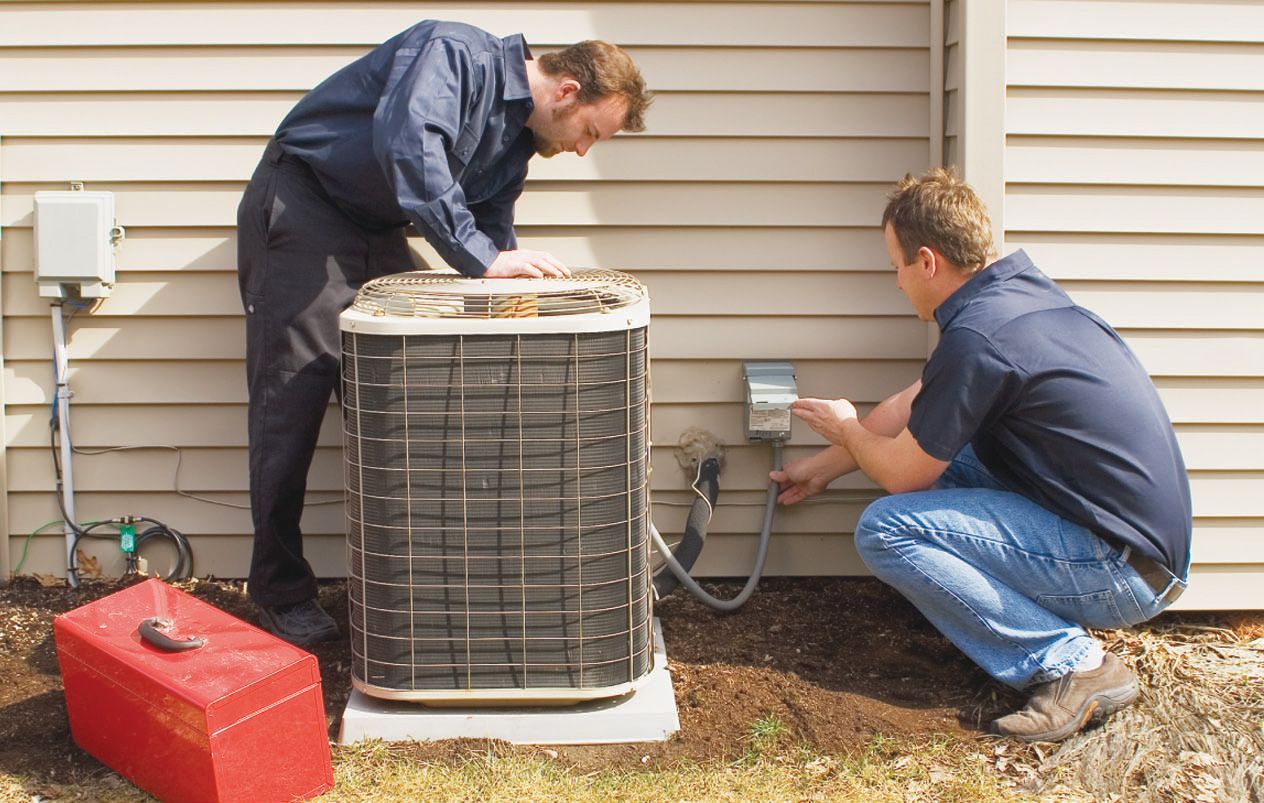
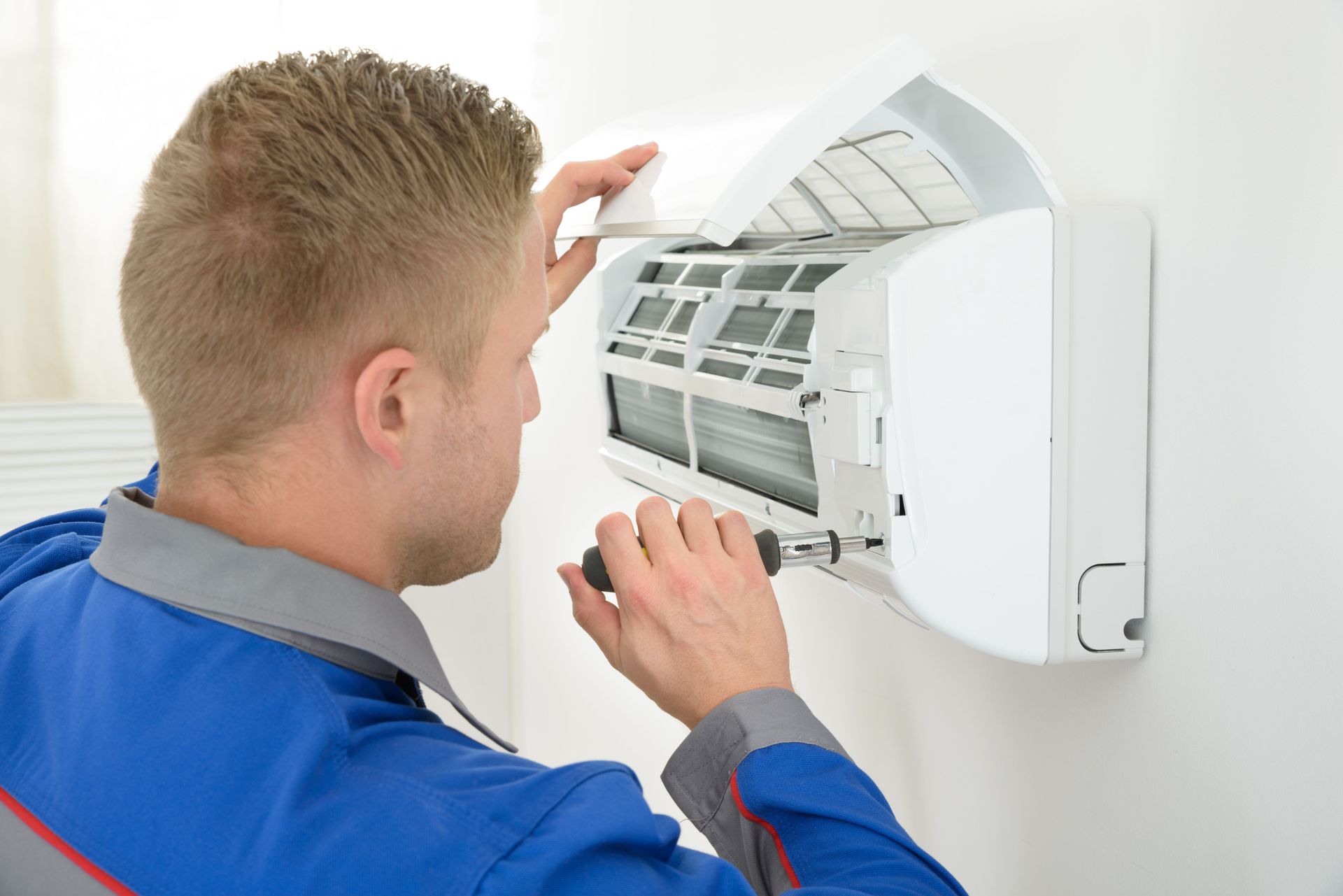
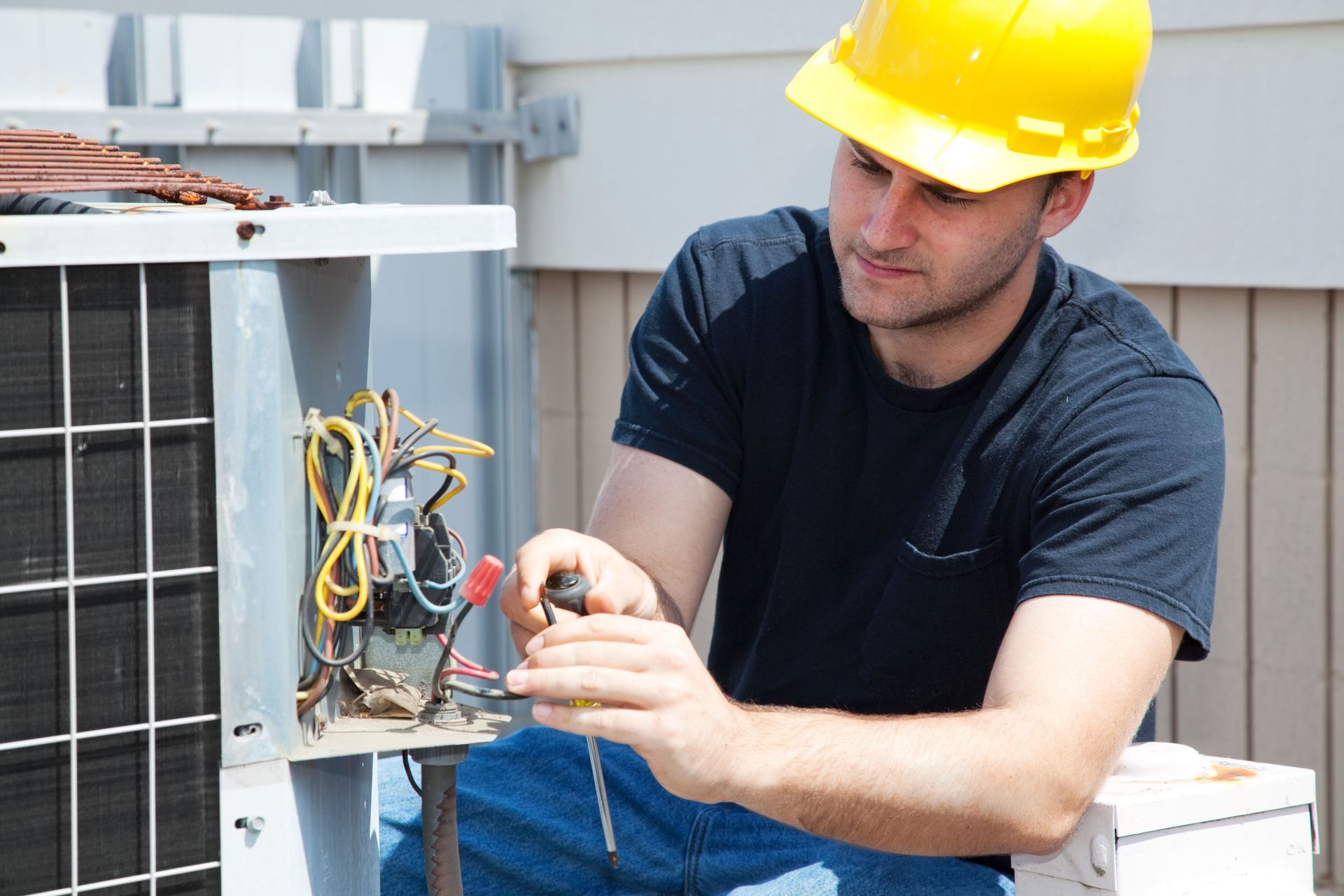
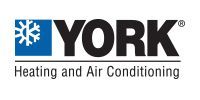


Share On: